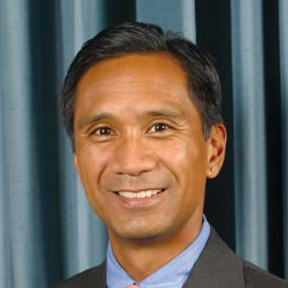A yearlong military investigation has concluded that millions of U.S. dollars—some of the $2.16 billion that the U.S. government has paid to Afghan contractors to transport materiel needed by our military—has ended up in the hands of the Taliban. One U.S. official euphemistically described the unintended recipients of the Host Nation Trucking funds as “nefarious elements.” Another was more honest: The money went “to the enemy.”
In one case, $7.4 million was paid to a contractor who passed the money on to a subcontractor, who hired still another group of subcontractors to supply trucks. Nearly half the total, some $3.3 million, then was funneled by these subcontractors into an Afghan National Police commander’s bank account in exchange for guaranteeing safe passage for the truck convoys. The money was subsequently withdrawn from the police official’s account, in 27 separate transactions, and used to provide insurgents weapons, explosives and cash.
The root problem is simple: Once money leaves U.S. hands, we lose control. Given the Afghan government’s weak institutional structure and the propensity for corruption created when accountability and traceability are virtually nonexistent, the diversion of U.S. funds into the wrong hands should have come as no great surprise.
Indeed, it should have been anticipated. The larger problem with the Obama administration’s “Afghan First” policy—that is, the U.S. policy of trying to pump up the Afghan economy by purchasing local goods and services—is that it’s a euphemism for something else: nation-building. And national building rarely works.
Post-World War II Europe and Japan were rare exceptions, primarily because France, Germany, Italy and Japan all had functioning governments and stable, even advanced economies before the war. Rebuilding, even after the terrible devastation of World War II, was a credible, achievable undertaking.
Not so countries such as Afghanistan and Iraq. In all of history, there is no example of successful nation-building in the Islamic world. Afghanistan and Iraq have little in common with postwar Europe or Japan, so nation-building is largely a quixotic quest.
Fortunately, transforming Afghanistan into a stable democracy with a flourishing economy (the driving force behind nation-building) is not an absolute requirement for U.S. security. Osama bin Laden is dead and the remnants of al Qaeda’s leadership are in hiding.
Those stragglers and the Taliban present mostly a localized threat to the government of Afghan President Hamid Karzai, rather than a global threat to the United States. Indeed, the only real U.S. national security requirement is that the Afghan government not support al Qaeda or any other terrorist group that might attack the United States.
Rather than risking the lives of more Americans and spending more U.S. taxpayer dollars to rebuild the Afghan nation, the U.S. government should be looking to disengage—now, rather than later. As long as the United States remains in Afghanistan, the call for jihad will continue. This does create a threat to the United States and marks America as a prime target for terrorism.
There is little we can do about corruption. There is much we can do to remove the bull’s-eye from Uncle Sam’s chest.







